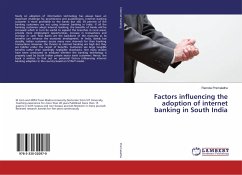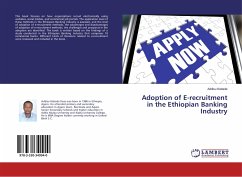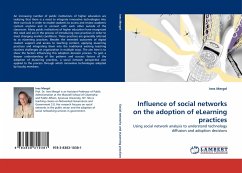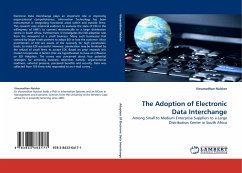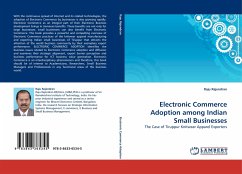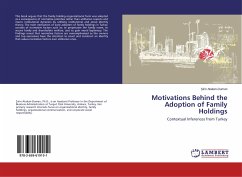
Motivations Behind the Adoption of Family Holdings
Contextual Inferences from Turkey
Versandkostenfrei!
Versandfertig in 6-10 Tagen
15,99 €
inkl. MwSt.

PAYBACK Punkte
8 °P sammeln!
This book argues that the family holding organizational form was adopted as a consequence of normative priorities rather than utilitarian reasons and macro institutional dynamics by utilizing institutional and social identity theory. The main motivation of early adopters of family holdings in Turkey consists of normative factors such as; to perpetuate the family name, to secure family and shareholder welfare, and to gain moral legitimacy. The findings reveal that normative factors are overemphasized as the owners and top executives have the intention to enact and construct an identity that val...
This book argues that the family holding organizational form was adopted as a consequence of normative priorities rather than utilitarian reasons and macro institutional dynamics by utilizing institutional and social identity theory. The main motivation of early adopters of family holdings in Turkey consists of normative factors such as; to perpetuate the family name, to secure family and shareholder welfare, and to gain moral legitimacy. The findings reveal that normative factors are overemphasized as the owners and top executives have the intention to enact and construct an identity that values normative factors over utilitarian ones.



